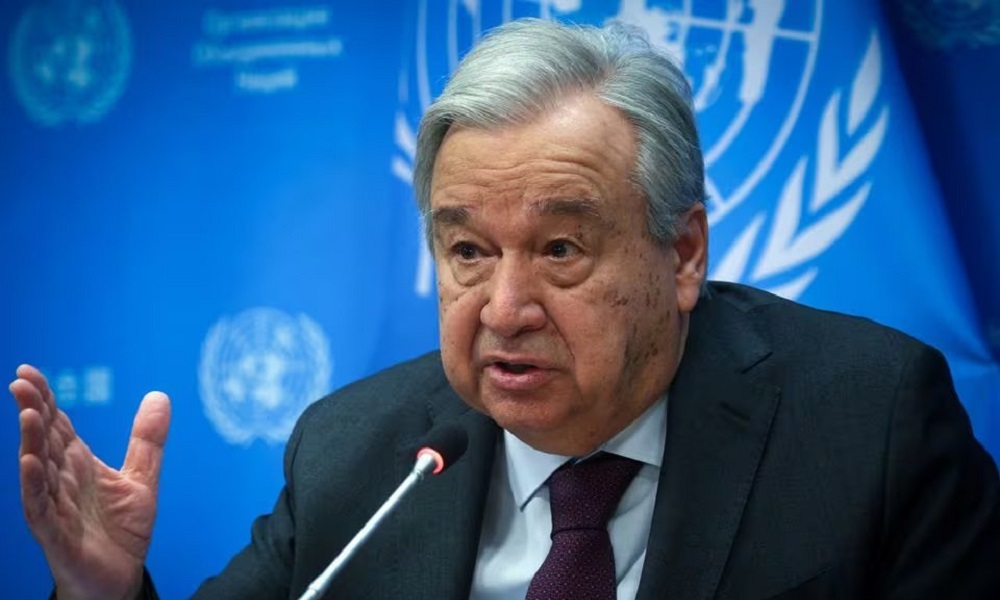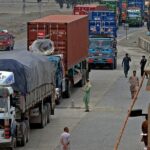United Nations Secretary-General Antonio Guterres on Monday said international envoys to Afghanistan hope for Islamic Emirate participation at their future meetings.
This comes after the Islamic Emirate of Afghanistan (IEA) decided against participating at the Doha meeting.
Guterres said he hopes a “deadlock” between IEA authorities and the international community can be overcome.
He told a news conference that delegates had discussed “creating the conditions, in a next meeting, to have the presence of the de facto authorities of Afghanistan.”
The UN had extended an invitation for IEA officials to participate, following their exclusion from the first meeting in May.
However, the Kabul government said they would not participate in the talks unless they could be the sole representative of Afghanistan at the meetings — to the exclusion of civil society groups, AFP reported.
The UN had said that women were among the Afghan civil society representatives to the gathering of national and regional special envoys to Afghanistan.
A second demand was that the IEA government delegation meet with the UN secretary-general and be given an opportunity to present its position.
Guterres said he received a set of conditions to participate that “were not acceptable.”
“These conditions, first of all, denied us the right to talk to other representatives of the Afghan society,” he said.
‘Deadlock’
Many governments, international organizations and aid agencies cut off or severely scaled back their funding for Afghanistan in response to the IEA’s policies — causing a serious knock to the already struggling economy.
“One of our main objectives is to overcome this deadlock,” Guterres said, explaining a roadmap needed to be created in which “the concerns of the international community are taken into account. But the concerns of the de facto authorities of Afghanistan are also,” he said.
Guterres said the meeting, which included the US, China, Pakistan and the European Union, had reached “total consensus” on proposals from a UN independent assessment on Afghanistan.
The assessment recommended the appointment of a UN special envoy. This proposal is backed by Western nations but rejected by the IEA authorities.
Guterres said he would begin a “serious process of consultations to see if there are conditions to create a UN envoy”.
He said the proposed envoy could “have a coordinating role” in the country “and work effectively with the de facto authorities of Afghanistan”.
The meeting had also aimed at a more coordinated response to the country.
Guterres said there had been discussion of a “contact group”, with a “limited number of states able to have a more coordinated approach in the engagement with the de facto authorities”.
He said this could include permanent members of the UN Security Council, neighboring countries and relevant donors but it would be “up to member states to decide how to create it”.
“I believe it would be a way to have coherence in the way the international community is engaging with the de facto authorities of Afghanistan,” he added.













